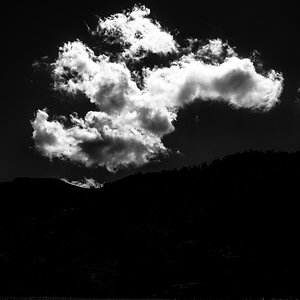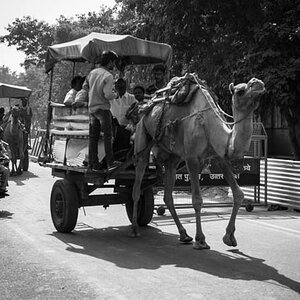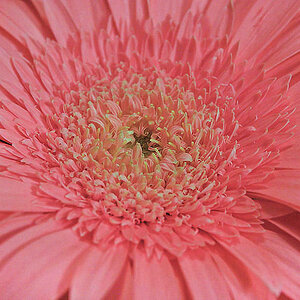mfrankpdx
TPF Noob!
- Joined
- Nov 15, 2010
- Messages
- 48
- Reaction score
- 2
- Can others edit my Photos
- Photos OK to edit
Shortly after I got my first DSLR, I just had to go out and get the 35mm f1.8 that got so many rave reviews. I wanted to get rid of all that distracting clutter behind my subjects that, in my mind, really made my photos weak. After I got it, it never left my camera, and I went around shooting everything wide open, or f2.8 at a minimum. I really liked how it blurred the background of the photos compared to my kit lens, but there was still something missing. My photos were still pretty darn boring. "What's gives?" I asked myself.
After the frustration of not seeing any improvement in my photos, I read a book on photography to see if it would shed any light on my situation. After reading it, and filling my brain with more info than it could really handle, I became inspired again and gave it another go. With the new concepts (the ones I could retain) fresh in my mind, I grabbed my kit lens, set my camera to aperture priority f8, and went out shooting. Much to my delight, my photos seemed markedly improved.
So what was my mistake the first time around? What were my photos missing despite having the faster, sharper lens? My mistake was that I was using bokeh as a catch-all to isolate my subject. Bokeh obviously is one of many great tools for getting a good composition, but when used alone, with not other composure techniques, it creates a pretty weak image. When I went out shooting at f8 all day, I used new-to-me techniques to eliminate distracting "clutter" from the frame. I crawled on the ground, climbed up in the trees, made my way through brush and other obstacles in order to get just the right angle. After doing all this, I didn't even need any bokeh to create more pleasing images.
Everyone seems to want to run out and get the fastest lens possible! Not necessarily because of light issues, but because they create that "beautiful creamy background". What if, instead, we went out and bought a speedlight and learned how to compose without needing to turn the background to mush? Would we better off? Is using bokeh, often just taking the easy way out of getting a good composition? So, the question is... is bokeh overrated?
[Flame suit on]
After the frustration of not seeing any improvement in my photos, I read a book on photography to see if it would shed any light on my situation. After reading it, and filling my brain with more info than it could really handle, I became inspired again and gave it another go. With the new concepts (the ones I could retain) fresh in my mind, I grabbed my kit lens, set my camera to aperture priority f8, and went out shooting. Much to my delight, my photos seemed markedly improved.
So what was my mistake the first time around? What were my photos missing despite having the faster, sharper lens? My mistake was that I was using bokeh as a catch-all to isolate my subject. Bokeh obviously is one of many great tools for getting a good composition, but when used alone, with not other composure techniques, it creates a pretty weak image. When I went out shooting at f8 all day, I used new-to-me techniques to eliminate distracting "clutter" from the frame. I crawled on the ground, climbed up in the trees, made my way through brush and other obstacles in order to get just the right angle. After doing all this, I didn't even need any bokeh to create more pleasing images.
Everyone seems to want to run out and get the fastest lens possible! Not necessarily because of light issues, but because they create that "beautiful creamy background". What if, instead, we went out and bought a speedlight and learned how to compose without needing to turn the background to mush? Would we better off? Is using bokeh, often just taking the easy way out of getting a good composition? So, the question is... is bokeh overrated?
[Flame suit on]





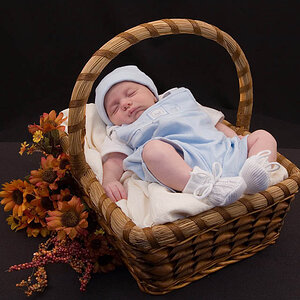
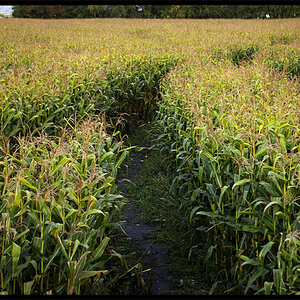
![[No title]](/data/xfmg/thumbnail/33/33422-d1097b04586502aba932c8d5409d8026.jpg?1619735961)
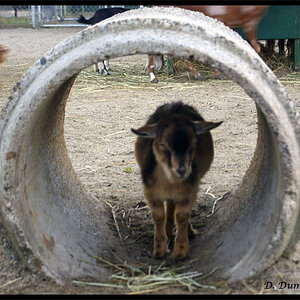
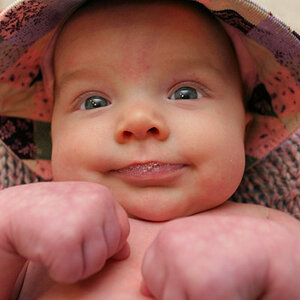

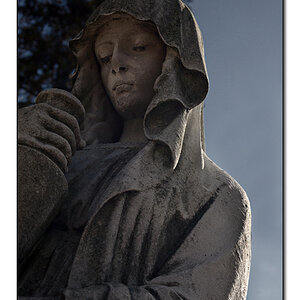
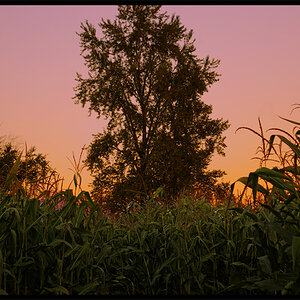
![[No title]](/data/xfmg/thumbnail/35/35270-a66987e049fb56c03e604b4c77910b81.jpg?1619736972)
